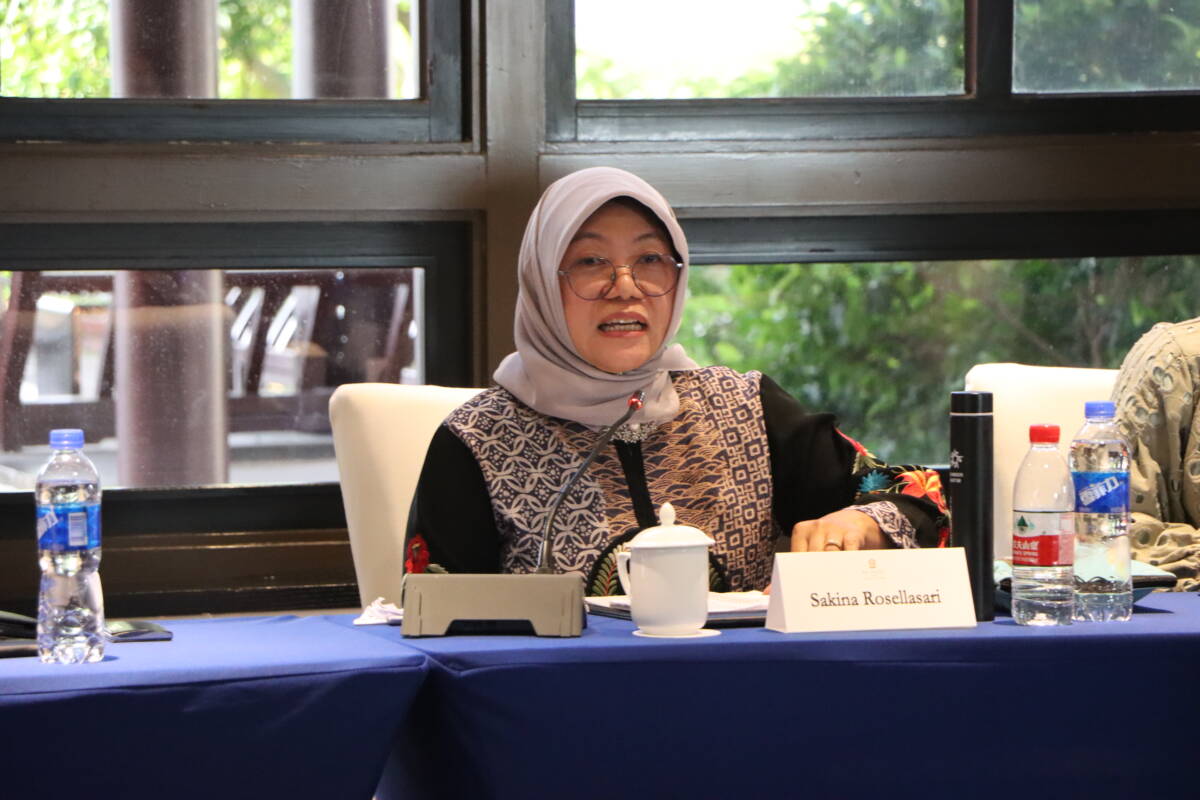
Learning from Suzhou in Realizing Sustainable City Commitments
Suzhou, June 13, 2025 – Suzhou, located in Jiangsu Province, is one of the manufacturing centers with four main industries, namely electronics, equipment ... Read more.
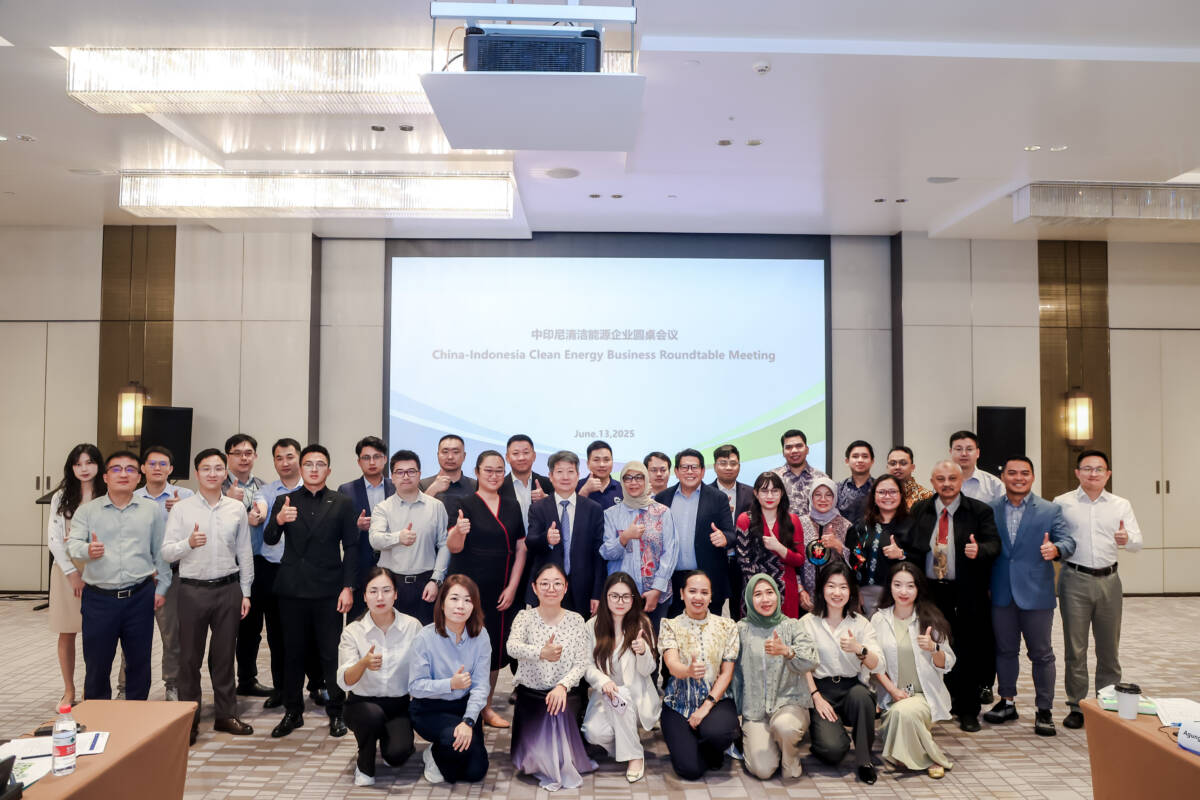
China as Indonesia’s Strategic Renewable Energy Partner
Shanghai, June 13, 2025 – The Institute for Essential Services Reform (IESR) views that as a leader in renewable energy technology, China has invaluable e... Read more.

Advancing Indonesia-China Strategic Partnership for Renewable Energy
Beijing, June 10, 2025 – Commemorating 75 years of diplomatic relations between Indonesia and China, the Institute for Essential Services Reform (IESR) believ... Read more.
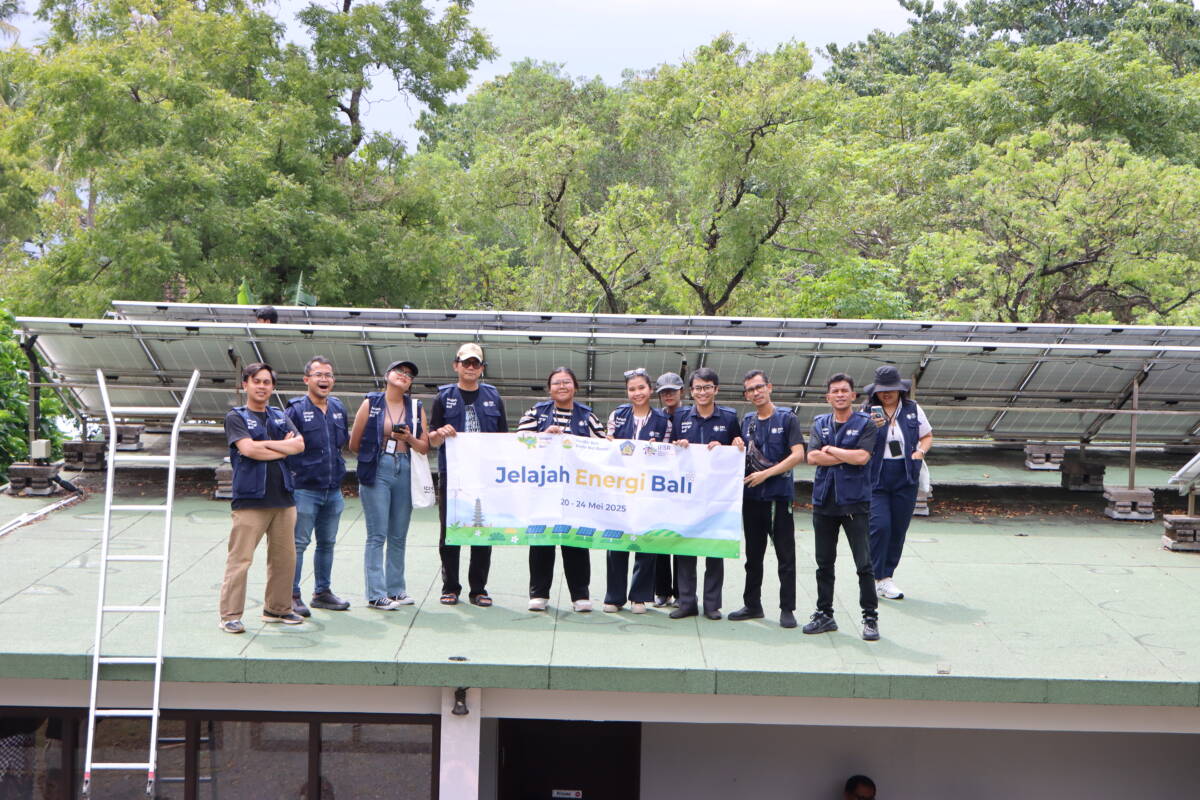
Harvesting Solar Energy at Bali’s Eastern Tip
Karangasem, May 22, 2025 – The sun hung fiercely overhead as the Jelajah Energi Bali (Bali Energy Exploration) delegations set foot in Kubu District on the fo... Read more.
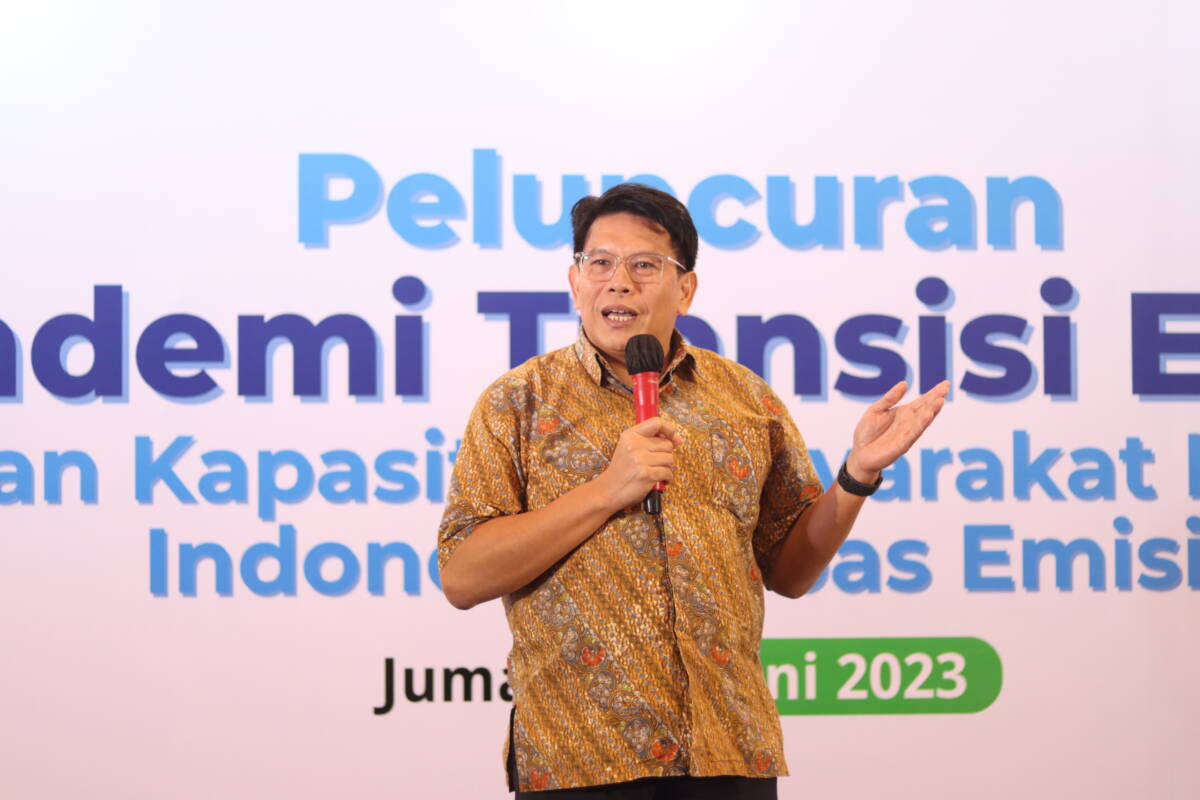
Government Needs to Ensure Strategy to Achieve Renewable Energy Target in RUPTL 2025-2034
Jakarta, May 27, 2025 – The Ministry of Energy and Mineral Resources (KESDM) has just ratified the PLN Electricity Supply Business Plan (RUPTL) 2025–2034 on... Read more.
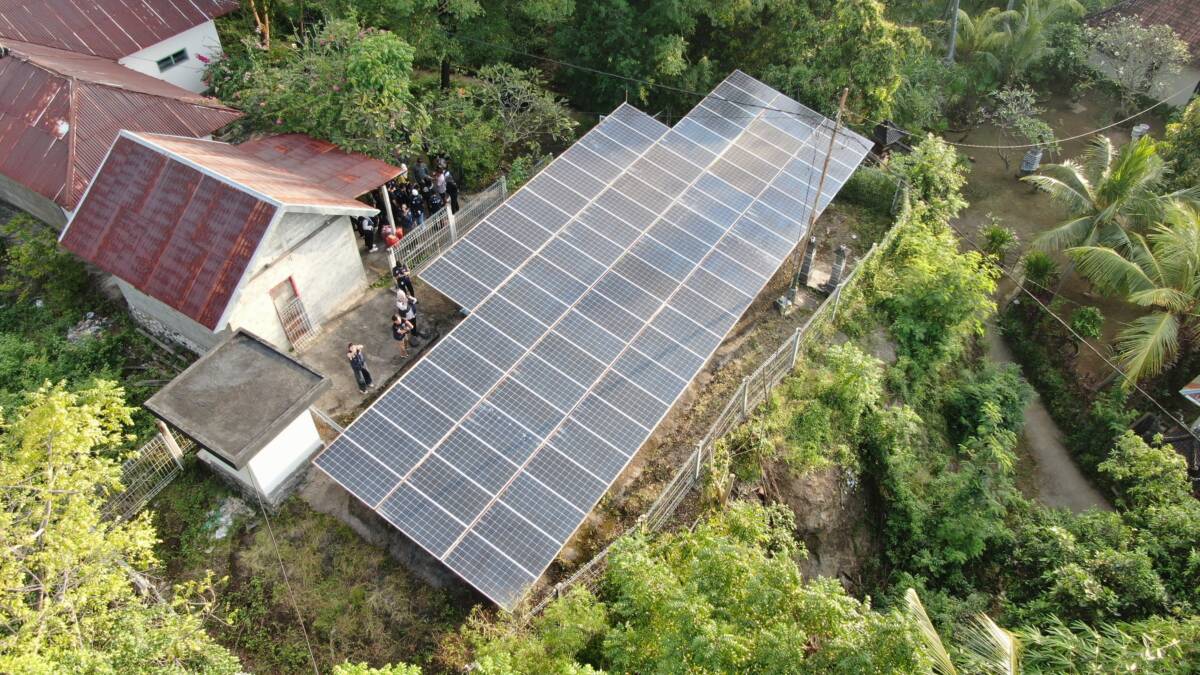
Clean Water for Bondalem Village from the Sun
Buleleng, May 25, 2025 – Located in the middle of the Banjar Kaja Kangin residents’ fields, stands the Bondalem Village Borehole Solar Power Plant (... Read more.
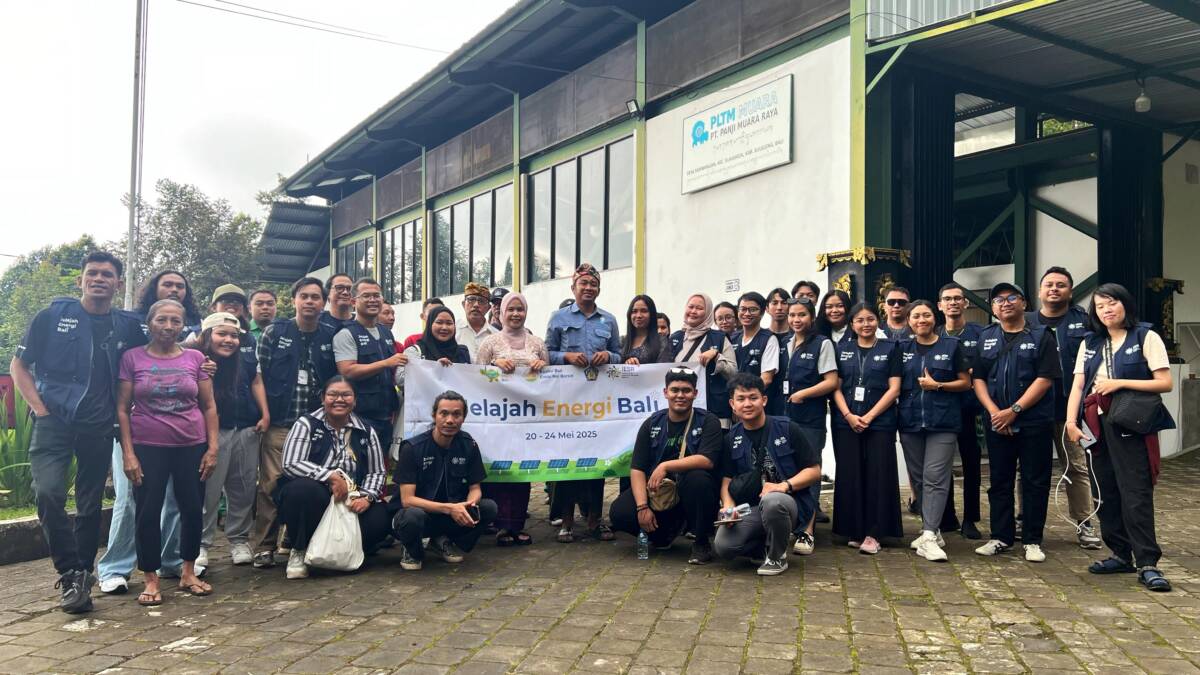
Through Hills and Forests: Exploring the First MHP on the Island of the Gods
Buleleng, May 26, 2025 – A thin mist hangs among the lush forest trees, while the morning breeze brings a cold mountain air. The cold mountain atmosphere ... Read more.

Exploring Energy Independent Villages in Bali’s Journey Toward Net Zero Emissions 2045
Gianyar, May 21, 2025 – The development of renewable energy has become a crucial step in Bali’s commitment to achieving net zero emissions (NZE) by 2045. Lo... Read more.

Exploring the Utilization of Solar Energy on the Island of the Gods
Denpasar, May 21, 2025 – The Institute for Essential Services Reform (IESR) in collaboration with the Bali Province Manpower and Energy and Mineral Resour... Read more.
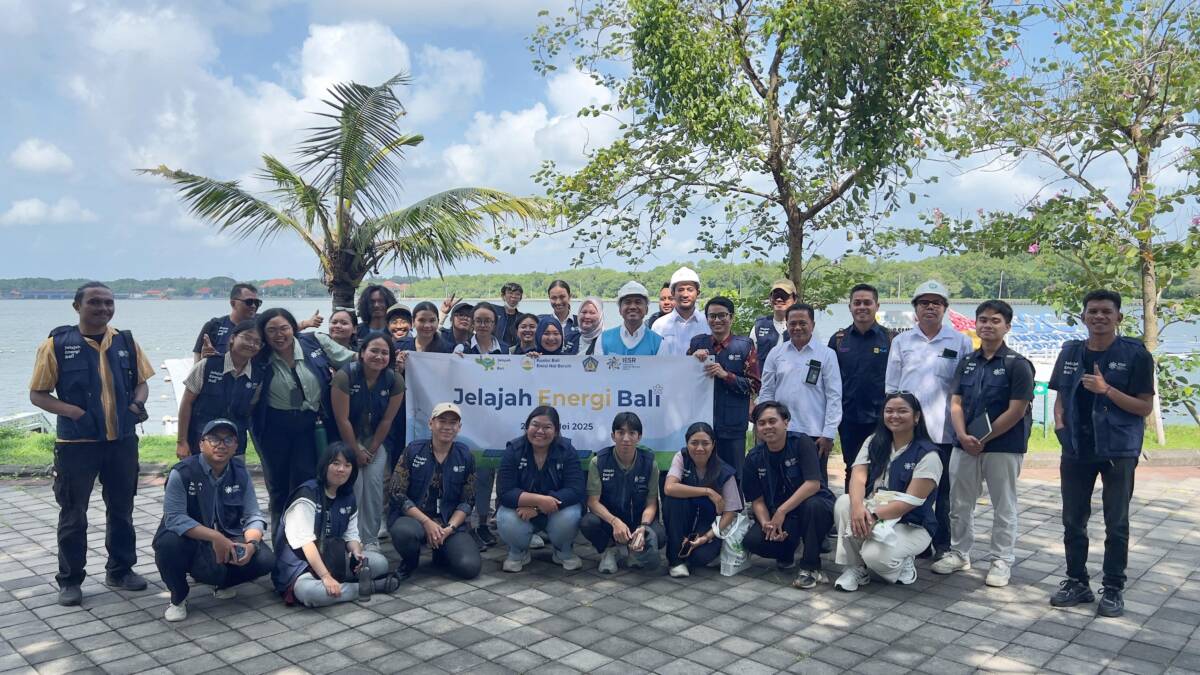
Energy Explore Bali: Growing Optimism for an Energy Independent Bali
Denpasar, May 20, 2025 – In addition to its natural beauty, Bali has abundant renewable energy potential reaching more than 26 GW. With this potential, Ba... Read more.
